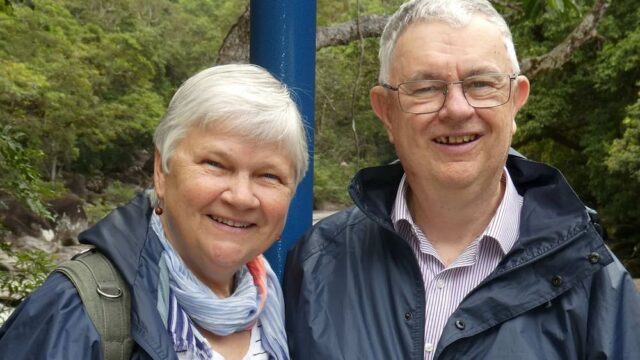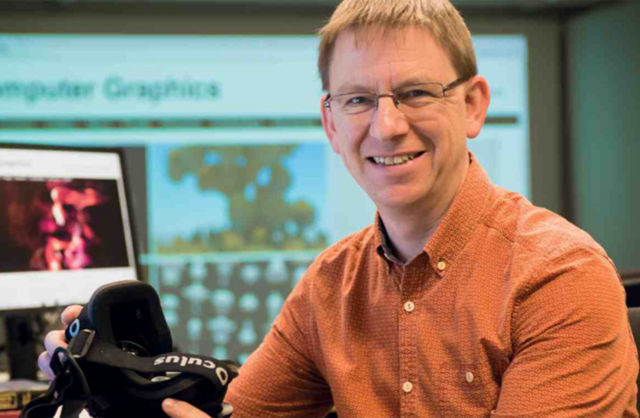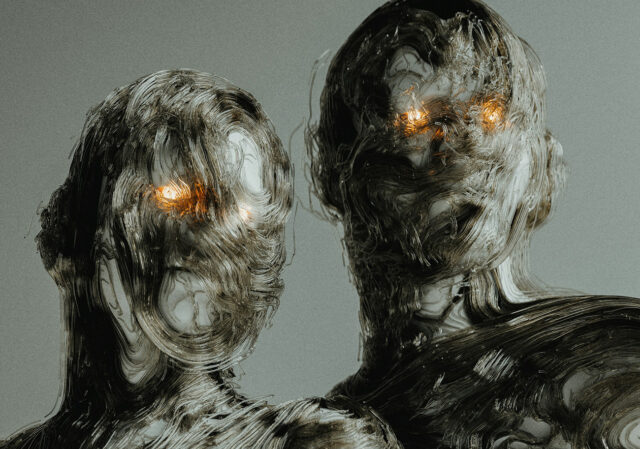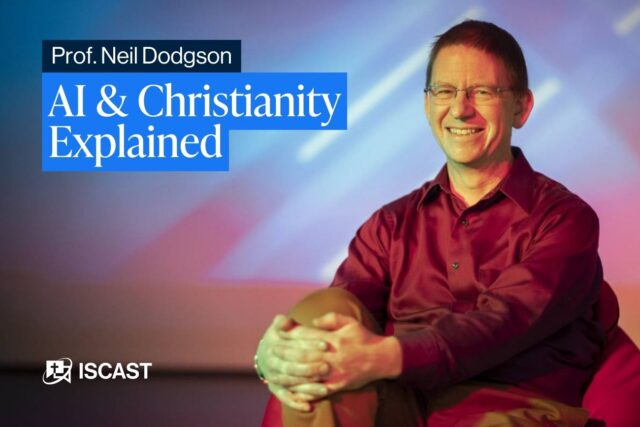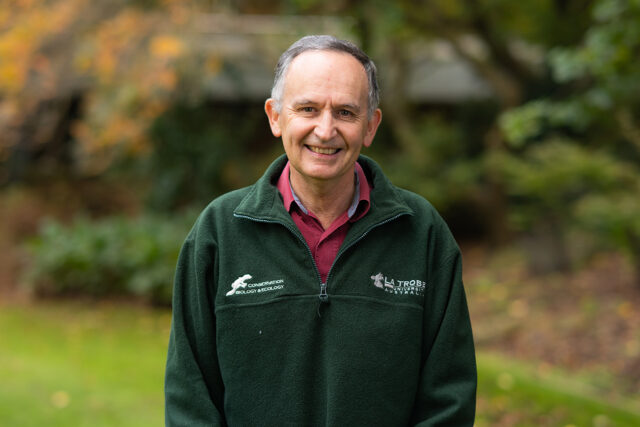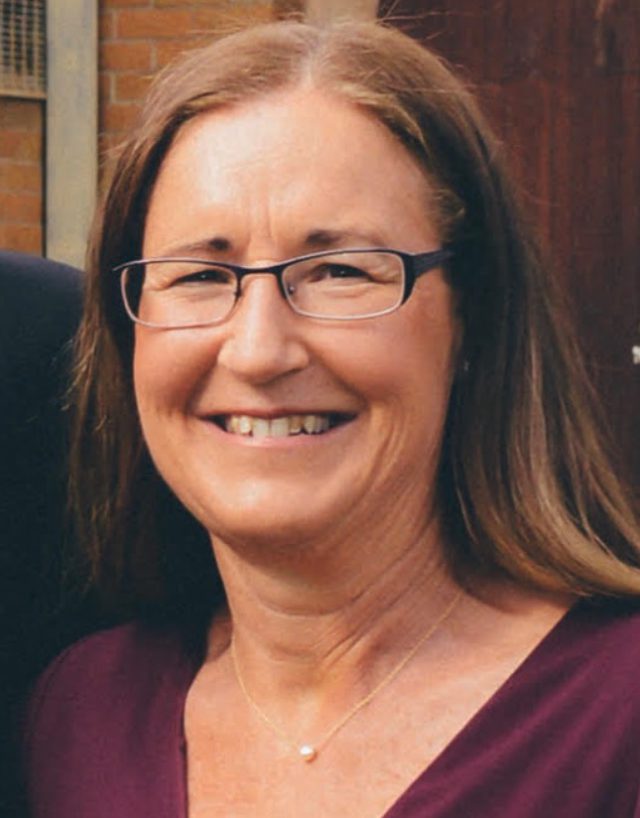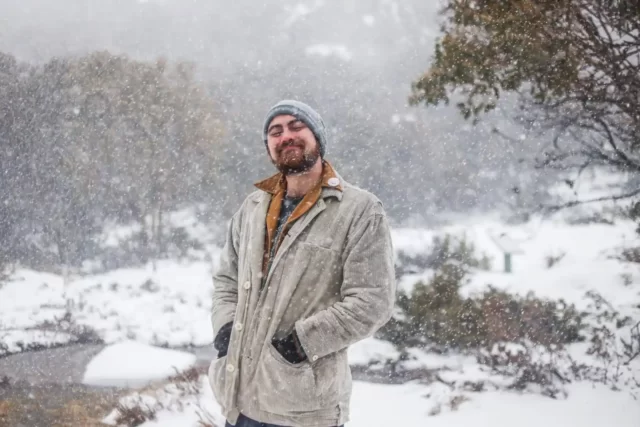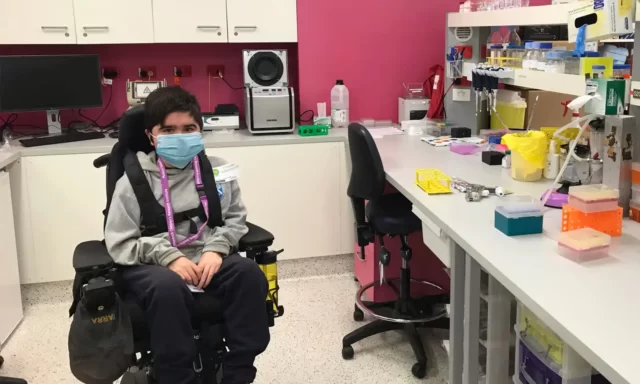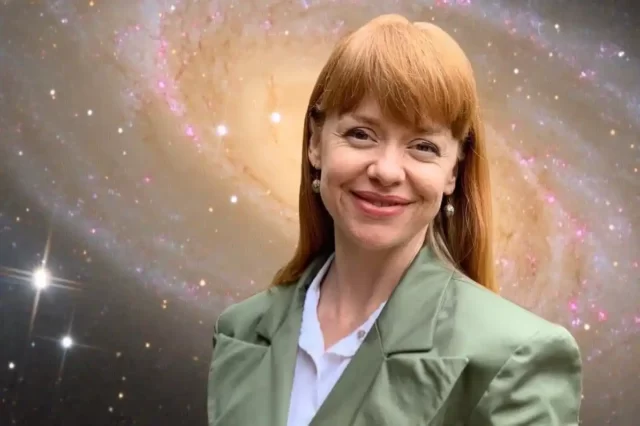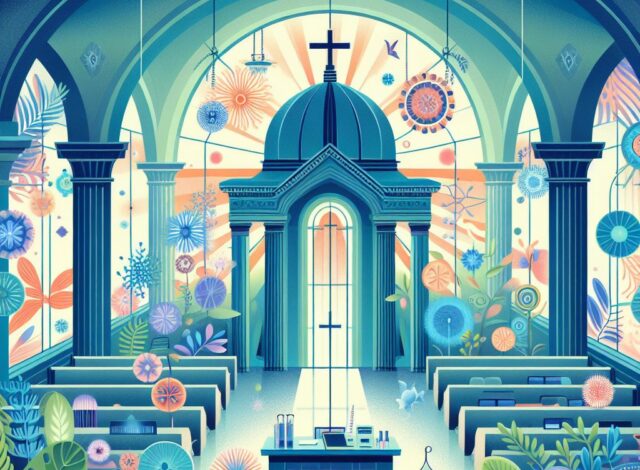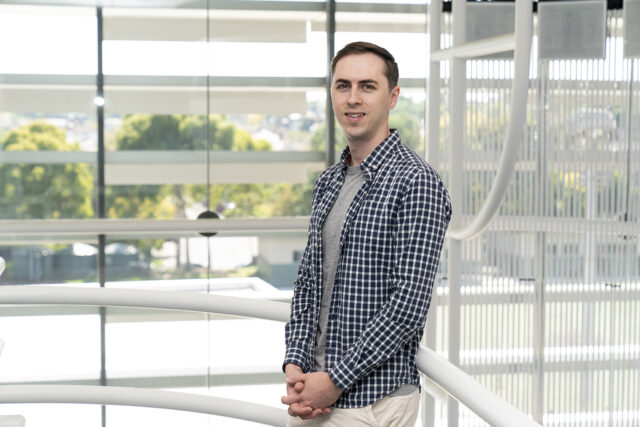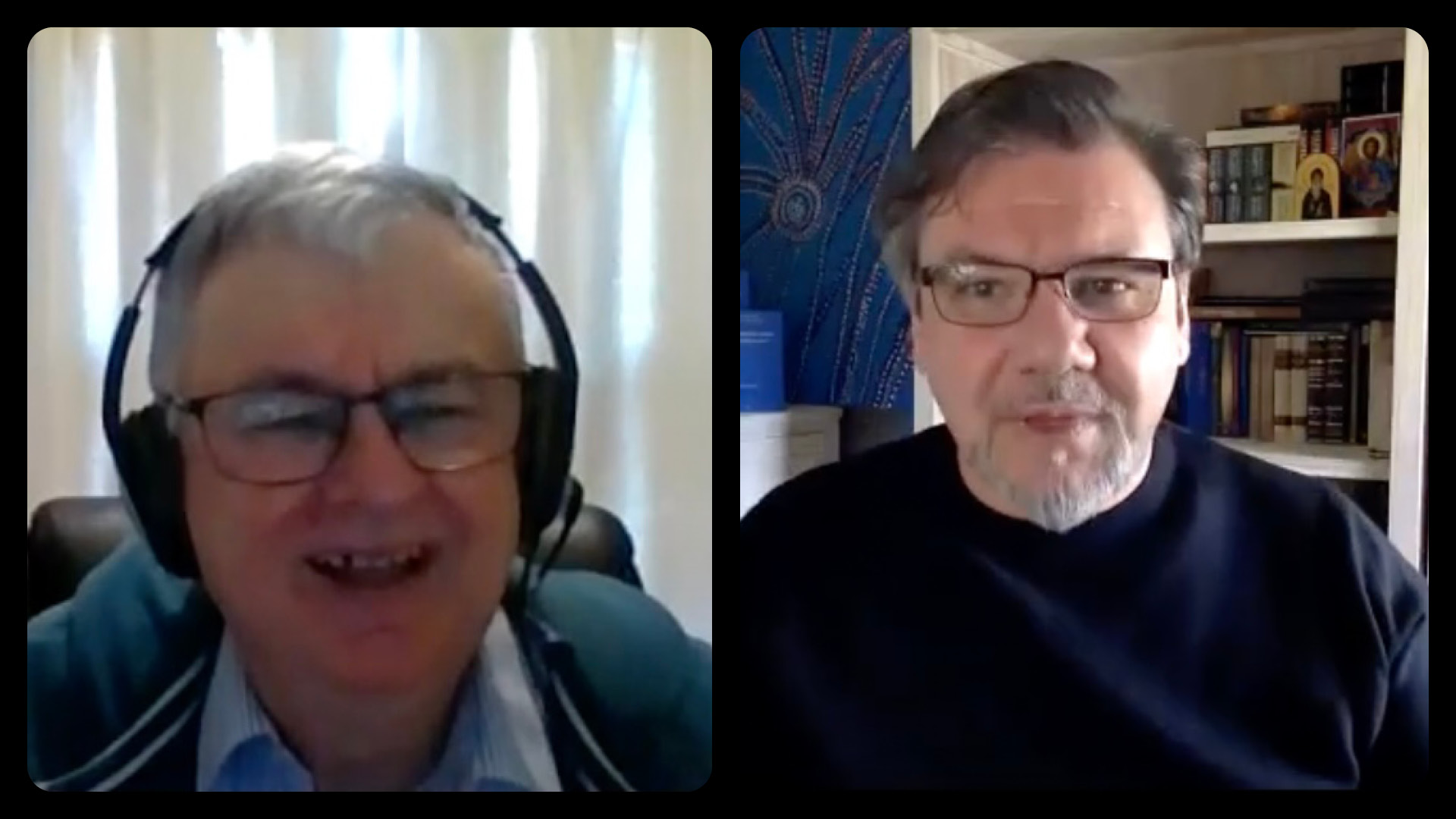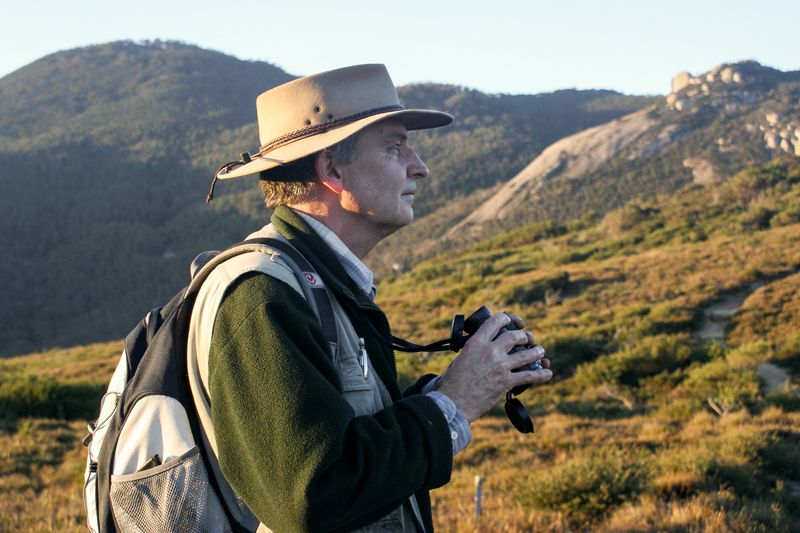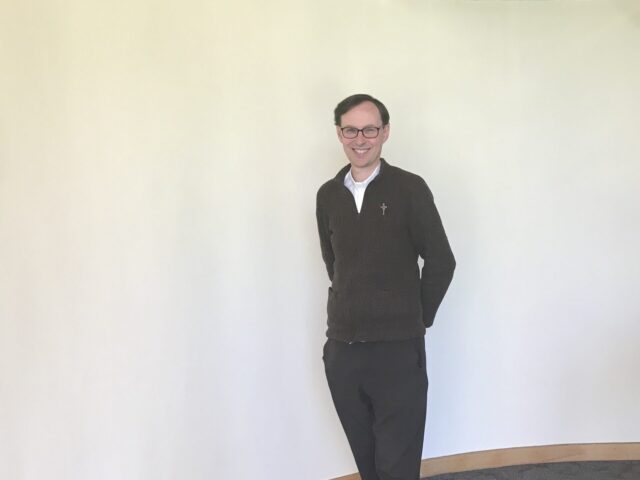
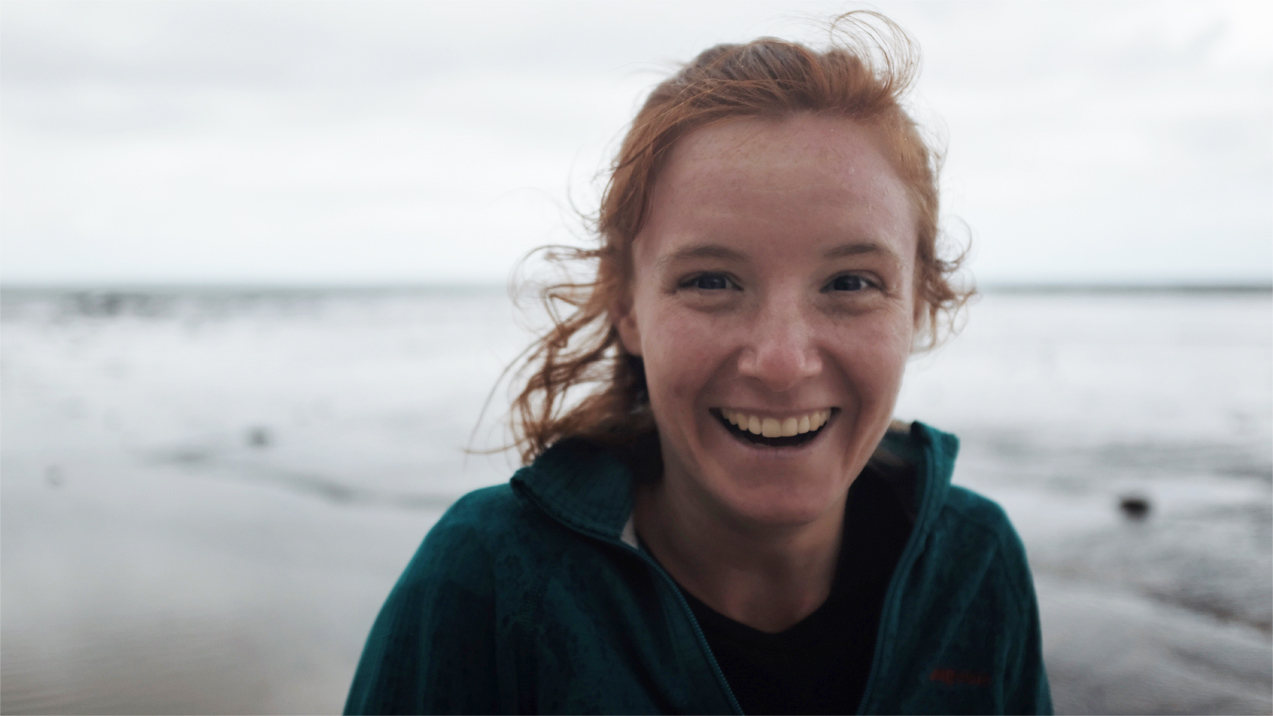
Originally published in The Melbourne Anglican.
This month, ISCAST’s Publication Director, David Hooker, speaks with Anna Radkovic, about her love for nature and her involvement with conservation organisations.
DAVID: Anna, welcome and thank you so much for being willing to share with us today. Tell us a bit about yourself outside of your career.
ANNA: Thanks, Dave. I was born in Canberra, then my family moved to Nairobi, Kenya with CMS, a mission organisation. After finishing school I studied ecology in Melbourne, then moved to Nanneella, near Echuca, to be part of a small church in Rochester and get to know some farmers. Now I’m in the town of Kyneton in the Macedon Ranges, having been there for about five years.
DAVID: I hear you have a passion for nature and the environment. How and when did you first get interested in nature and how did it fit with you becoming and being a Christian? Who influenced you?
ANNA: I’ve always been interested in nature. Mum and Dad sent us kids outside a lot and so that’s where we played. Mum loves to tell the story of when I was three, I made little homes for the slaters in the garden, then became upset when she wouldn’t let me bring them in at night. I was worried they’d get cold!
Moving to Kenya influenced my love of nature a lot. Every holiday was either camping in the bush with amazing animals, or on safari, or the beach, or snorkelling in beautiful tropical reefs. So, it was easy to love nature because there was a lot to love. It’s the world that God’s created—a great place to hang out.
My parents always supported my love of nature, buying me bird books and bug nets and letting me run wild. Growing up I was surrounded by a few Christians who cared about the environment in different ways. One Christian conservation organisation, A Rocha Kenya, was very influential. In school holidays I convinced some of my friends to volunteer with me at their field study centre. We spent some weeks getting involved in bird and coral surveys, forest trekking, conservation research, tree planting, community work, and more! It was great! I knew this was the kind of work I wanted to be part of.
A few years later, I joined Cassinia Environmental, a conservation land management company that protects remnant patches of biodiversity on private land, revegetates degraded properties and manages farms in a way that is good for nature.
DAVID: Any challenging chapters in your journey so far, and how did they come about?
ANNA: Not sure I’ve had many challenging chapters in my career! God’s been very kind throughout the journey. I would make these decisions which seem a bit crazy but feel like the right thing, but if God wants it to happen, he’ll make it happen. Even working for Cassinia happened out of the blue—I didn’t go looking, it just was God’s gift. That’s been pretty incredible and formative for me. I’ve done nothing to deserve or earn the position or privileges I have.
Being willing to not force opportunities, I think; that’s probably the biggest challenge—being willing to sit and wait and be useful where I am.
DAVID: Wonderful, Anna, so encouraging. A testimony of God’s kind provision that has honoured your living faith. On another theme, Christians can have surprisingly varied attitudes to the environment. Why do you think this is, and, from your own position, how might you try to encourage someone who doesn’t think the environment is critical to reconsider their views?
ANNA: Yeah, I’ve found a wide variety of responses. But where I land is that Jesus is Lord over all the Earth. He is the creator, sustainer, and Lord of creation, so we care for creation out of love for God.
Creation is God’s stuff. He spent time beautifully crafting it and then instructed us to care for it—our first job ever given in the world. So, the world is worth protecting, and caring for it is part of our identity.
And we care for creation because we love our neighbour, too. What’s a major underlying cause of current poverty? The environment is relevant here. For example, global warming is worsening drought and really making it tough for subsistence farmers. God is pretty clear that His people are to honour him among the nations by caring for the poor. If we fail to care about environmental issues we fail to care about our vulnerable neighbours.
At the heart of environmental degradation is sin—greed and selfishness. Only Jesus can touch these issues of the heart. We are never going to save the world, but we don’t have to because Jesus already has. We care for the planet as the right response to a loving creator. I remember what Wendell Berry says: “If we do not serve what coheres and endures we serve what disintegrates and destroys.” When it comes to environmental issues we need to ask ourselves who we are serving? God or ourselves?
He is the creator, sustainer, and Lord of creation, so we care for creation out of love for God.
DAVID: A more personal question now: where would you like to go in your faith and creation care journey?
ANNA: What I’m looking at doing next year is moving back to Kenya!—to work with the A Rocha team, possibly in partnership with CMS, on a project to restore and protect woodlands. This forest is one of the last patches of East African coastal forest which used to go all the way from Somalia to Mozambique. The communities there get their livelihood from unsustainable practices that degrade the forest. So, we are asking: is there a way that we could make the forest support the community and vice versa, to have a mutual, beneficial relationship?
Overall, we want this to be a project not to make people’s lives better for a few years, but one that translates the Gospel in a way that makes sense to people. He’s the Creator and Lord over the forest, their crops, and their family. It’s about integrating the Gospel into their lives and work.
A Rocha works with local churches to teach creation care and regenerative agriculture based on biblical principles. It’s really beautiful to see the Bible changing peoples’ hearts which then changes the way they live, and that’s the kind of work I want to be part of.
DAVID: As we finish, what could you suggest to our Christian readers and listeners, to help them get started in creation care?
ANNA: Prayer is the way things change, so pray first. And then pick something in your world that you care about and get involved with it. Join a group that’s planting trees along your local creek. Get your organisation to think about using re-usable cups. Hang out with people who like environmental stuff, like birdwatching or sustainability. There are many ways!
But in all of this, we needn’t have climate “anxiety” nor try to fix things out of a sense of fear or guilt. Jesus is the one Saviour and Lord of creation and so we can do those things out of a sense of love and joy and peace.
DAVID: Thank you so much, Anna. It’s been a pleasure to have you share with us.
